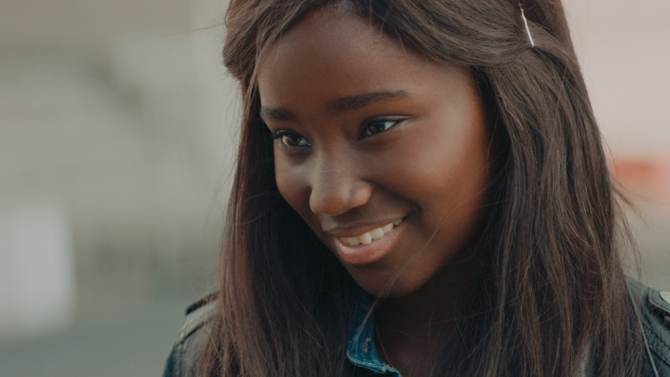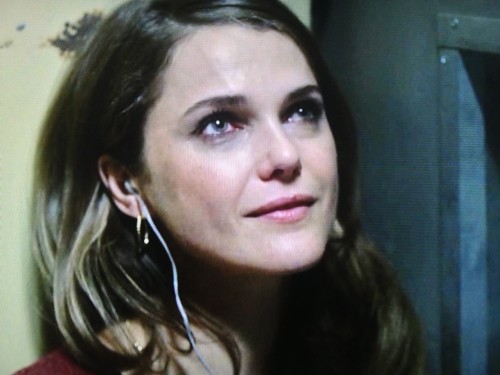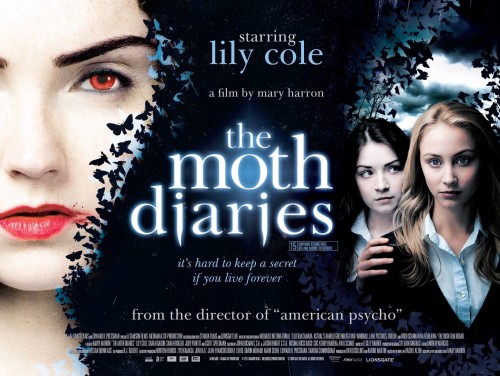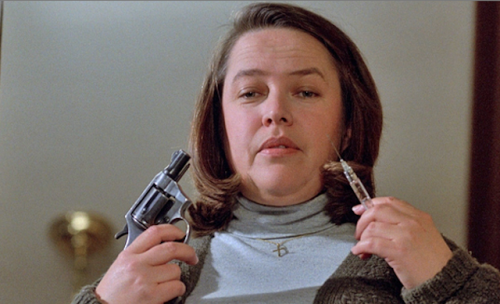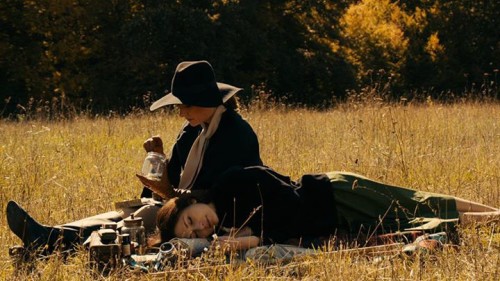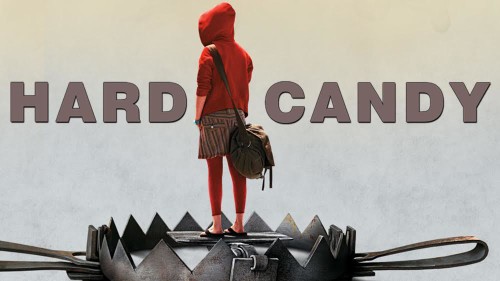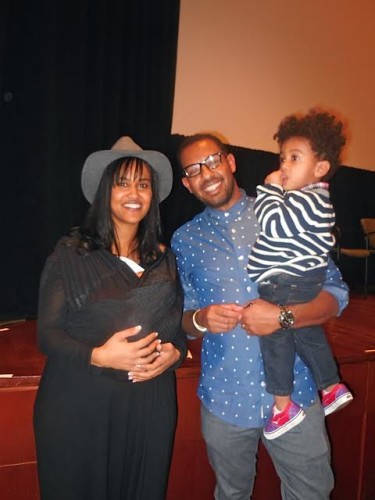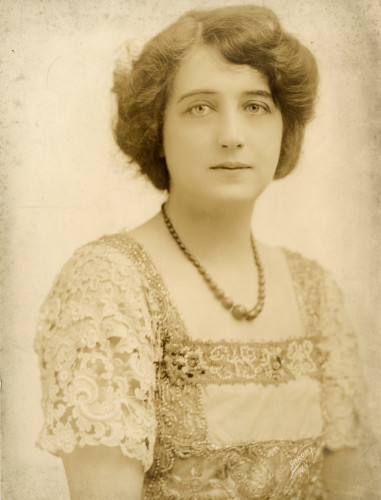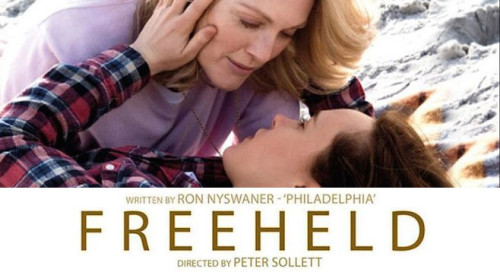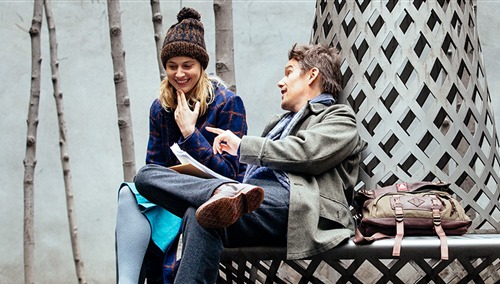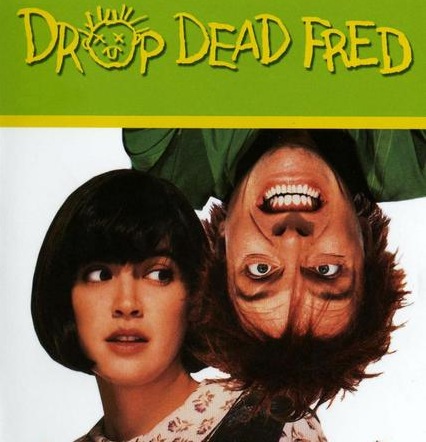Like ‘Frances Ha,’ ‘Maggie’s Plan’ resonates with the gen-Y, mumblecore picture of adulthood that says, “We’re all average, imperfect, confused people trying to stay afloat in a world that feels random and chaotic.” Everything Maggie does comes out of a sincerely-felt – if slightly selfish – desire to be authentic and live truthfully while not having anyone get mad at her. It’s emblematic of a generation full of people who are re-discovering and re-inventing How To Be A Person while ignoring all the models that came before. It’s messy and screwed-up and sometimes stupid-looking, but there’s an optimism to it, too. There’s a sense that we can all cut our own paths through the wilderness, even if we mess it up and go the wrong way.
